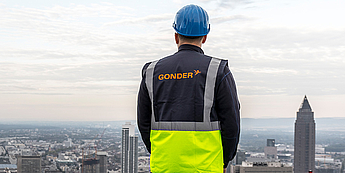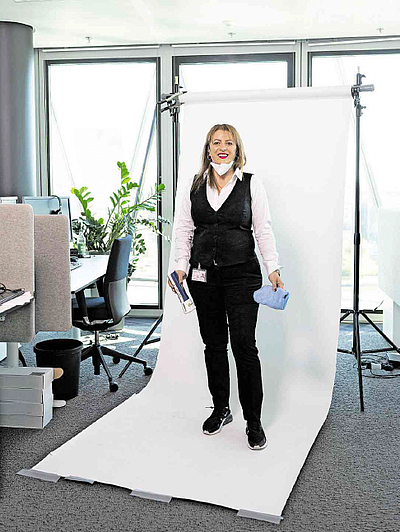
Silent Heroes

But when is a hero a hero? The Zedler Lexicon, one of the largest encyclopaedias in the world from the middle of the 18th century, defines the word in volume twelve: "Hero, lat. Hero, is one who is gifted by nature with a handsome figure and exceptional physical strength, has achieved fame through brave deeds, and has risen above the common class of men." Thus, a hero needs character, strength and guts, in order stand out amongst everyday people. Sounds a bit superficial, but pleasant all the same.
However, being a hero can be unpleasant. Until we got into this crisis, the heroes we heard a lot about were, for example, Martin Luther King (shot for his commitment to civil rights), Nelson Mandela (27 years in prison) and most recently, perhaps, the whistle-blower Edward Snowden, who was still given the label "traitor" by many and has been languishing in Russian exile ever since.
Much has changed during the Corona pandemic, but something has remained the same: Being a hero sounds somehow glorious, but in everyday life it means one thing above all else: a lot of work. Because very close to being a hero is "sacrifice". It also hides in bravery – you rarely have to grit your teeth when the sun is shining.
Heroes sacrifice something that many other people are not willing to give. So do our silent heroes on this page: they put themselves at risk of infection every day. They look after the children of those "in the system" – and thus keep the wheel turning whilst not being able to look after their own children. They drive us to work, they clean our buildings, they care for, protect and save us, they deliver our children, teach the older ones from afar and make sure we find toilet paper on the shelves in the supermarket. They sacrifice not only their safety and perhaps their own health, but also a lot of nerves. And despite everything, they do not make a fuss, do not push themselves to be at the centre of attention.
Their "character" is perhaps more an inner attitude, their "physical strength" is their willpower, and their "brave deeds" are their perseverance. All that remains for us to say is: Thank you for rising above fear and your readiness to help.